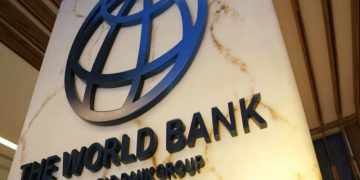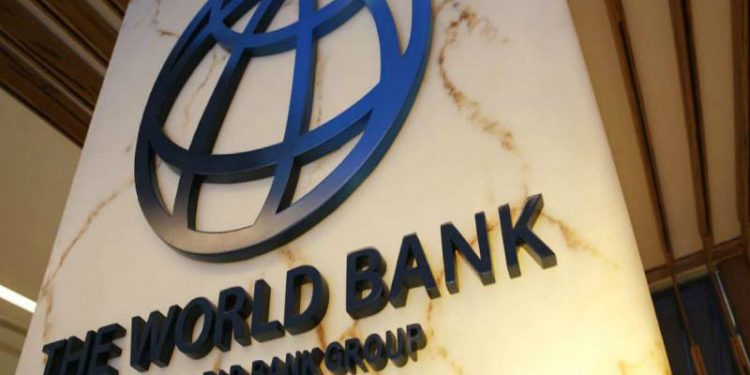By Lucy Adautin
The World Bank has taken action against 58 Nigerian companies and individuals for their involvement in corrupt practices, as part of the institution’s ongoing commitment to maintaining integrity and transparency in its projects and operations.
Included in the list are 39 Nigerian companies that were previously debarred by the African Development Bank (AfDB), along with 19 individuals identified by the World Bank under its cross-debarment policy.
As a result of these actions, the total number of debarments now stands at 58, effectively prohibiting the implicated entities from participating in projects and operations funded by institutions of the World Bank Group.
The World Bank regularly updates this list, which currently comprises a total of 1,210 companies and individuals worldwide, reflecting the institution’s unwavering stance against corruption.
Debarment serves as a deterrent, rendering firms and individuals ineligible to engage in projects and operations financed by institutions of the World Bank Group.
According to the World Bank report, the sanctions were imposed following an administrative process conducted by the Bank, which allowed the accused firms and individuals to respond to the allegations. This process adhered to the Bank’s procedures for sanctions proceedings and settlements in bank-financed projects.
“Through July 2007, this process was conducted in accordance with the Sanctions Committee Procedures adopted on August 2, 2001. The process is currently conducted in accordance with Bank Procedure: Sanctions Proceedings and Settlements in Bank Financed Projects. For more information on the two-tier sanctions process go to Sanctions,” it stated in the report.
Cross-debarment, as per the Agreement for Mutual Enforcement of Debarment Decisions, was enforced in accordance with the agreement dated 9 April, 2010. This agreement has been made effective by several international financial institutions, including the World Bank, Asian Development Bank, European Bank for Reconstruction and Development, Inter-American Development Bank, and African Development Bank.
Cross-debarment in accordance with the Agreement for Mutual Enforcement of Debarment Decisions dated 9 April, 2010, which as of July 1, 2011, has been made effective by the World Bank, Asian Development Bank, European Bank for Reconstruction and Development, Inter-American Development Bank, and African Development Bank.
Aside from debarment, the Bank retains the authority to impose alternative measures on firms and individuals found to have violated its policies, which may not always culminate in debarment.
The misconduct leading to debarment is outlined in the relevant Procurement or Consultant Guidelines, as well as in the World Bank Procurement Regulations for Investment Project Financing Borrowers. These guidelines may vary depending on the specific nature of the project under consideration.
The actions taken by the World Bank reaffirm its dedication to combatting corruption and advancing accountability in development initiatives, thereby ensuring that resources are utilized efficiently for the betterment of communities.


































